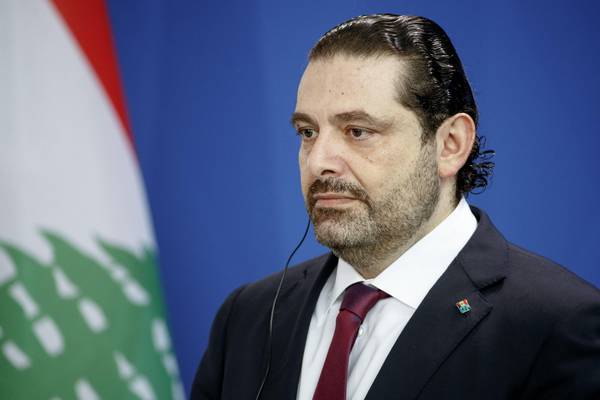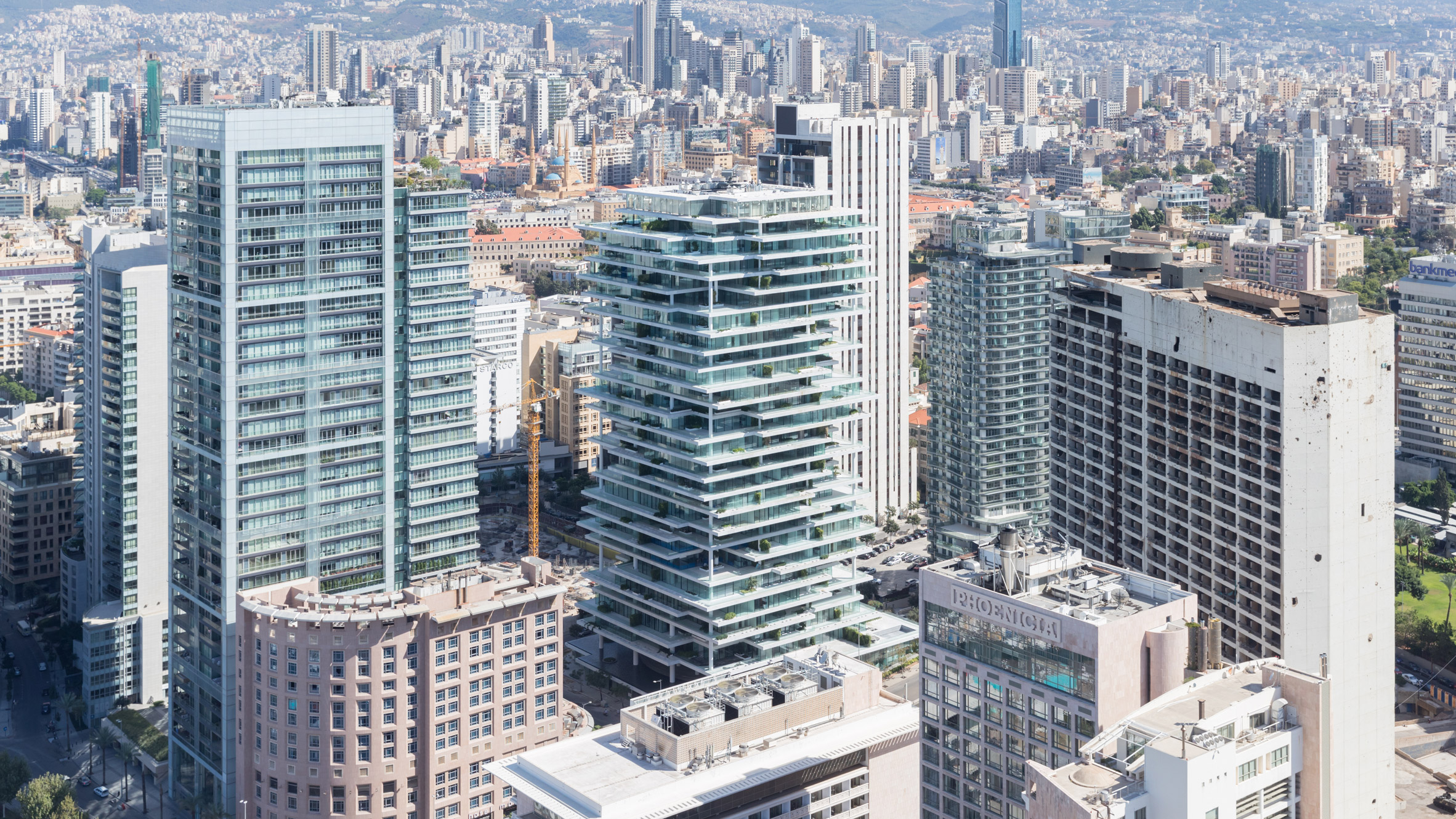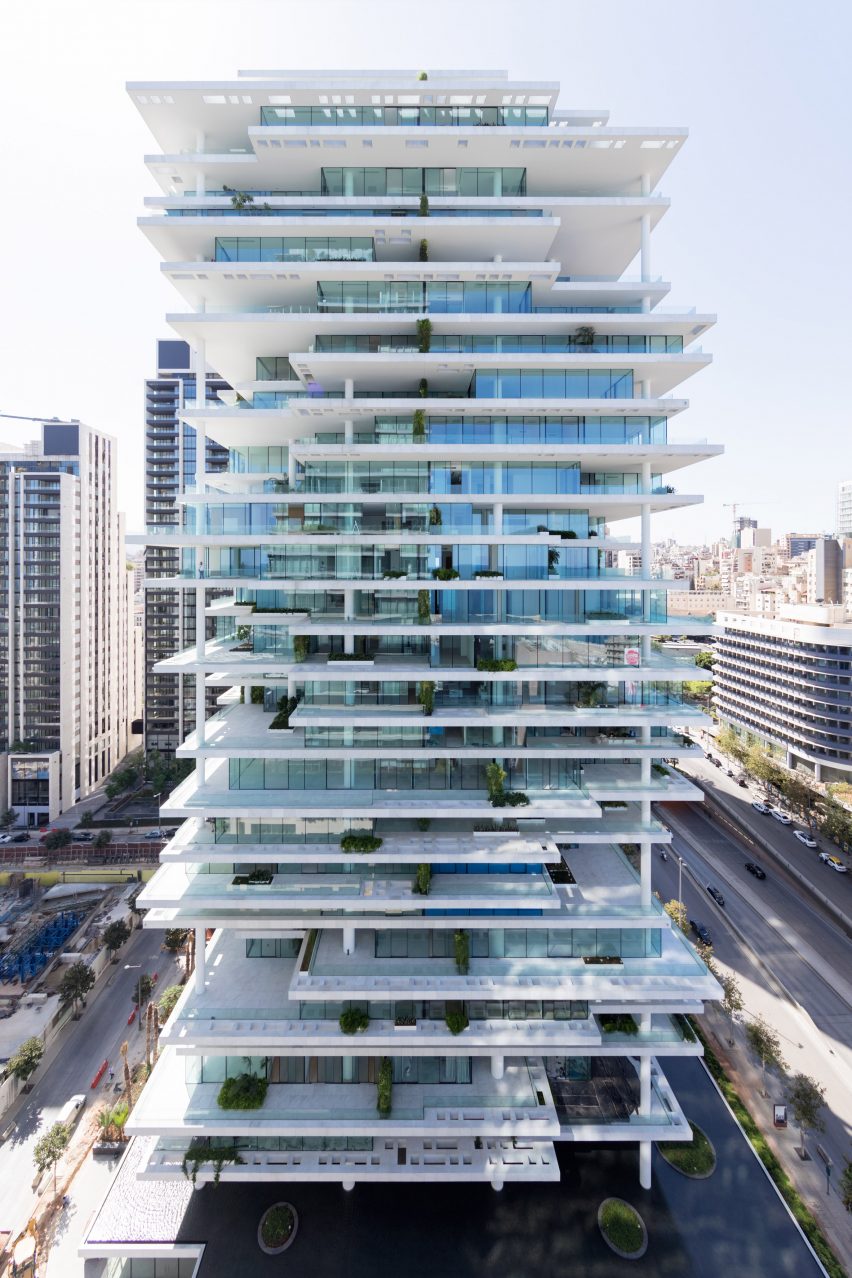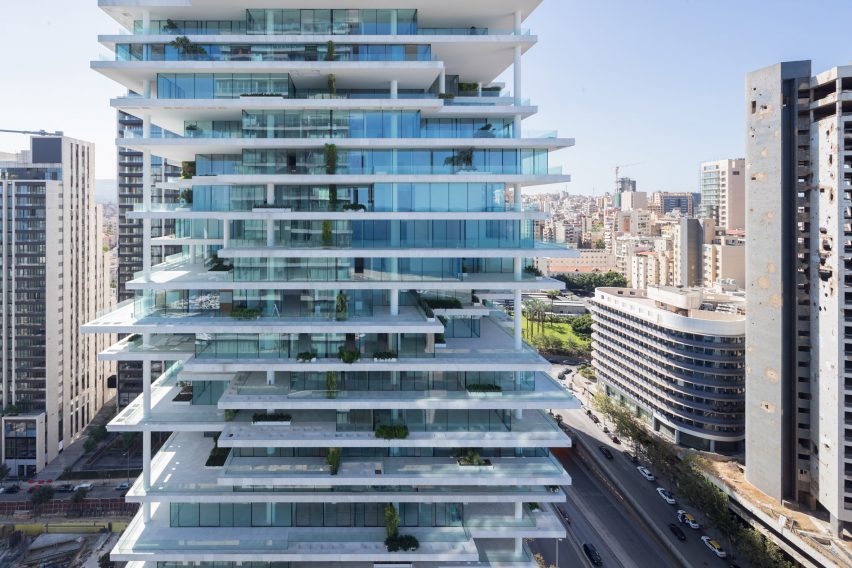
by Victor Argo – yourmiddleeast.com
Can there be a fashion designer from the Middle East without a political conscience? Probably not. A little more than one month ago Your Middle East spoke to Lara Khoury, a fashion designer from Beirut, and learned about her opinionated views. Today it’s Cynthia Chamat’s turn to give her perspective about the fault lines between fashion and politics in Lebanon and beyond. Cynthia Chamat is a self-made entrepreneur, has majored in Law and Political Science and prefers to be called clothing caterer, rather than fashion designer. While Lara Khoury and Cynthia Chamat are very different personalities they have one thing in common that sets both of them even more apart from the crowd: their shaved heads.
Who do you have in mind when you design fashion?
I design for the marginalized. Mainly women going through post-pregnancy or menopausal physical and hormonal metamorphosis. It could be any woman really, not necessarily Lebanese, because the syndromes are global and inherent to women’s nature. But I do take into consideration Middle Eastern pear-shaped body features.However I’ve recently introduced a few unisex pieces to URBAN SENSE to test male waters and a few unisex brands with a confirmed younger crowd.
How have the markets that you create for changed over the years?
I first started off in the fashion business in
2012. In 2014, Boutique Hub was born with URBAN SENSE, the in-house
label, simultaneously. Today the market is still the same as when I started, but what has changed is customer behavior because of Internet
shopping which was not too widespread in Lebanon back then. So now, it
is just more challenging to convince my potential clients why they
should buy from my shop and support local production rather than
benefiting from seemingly more attractive offers on the net.











